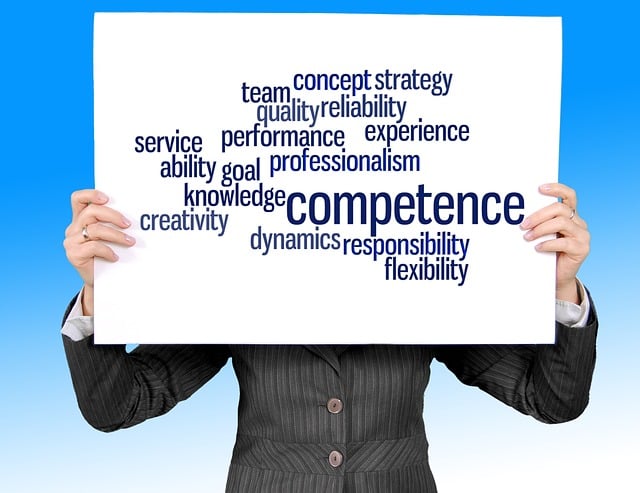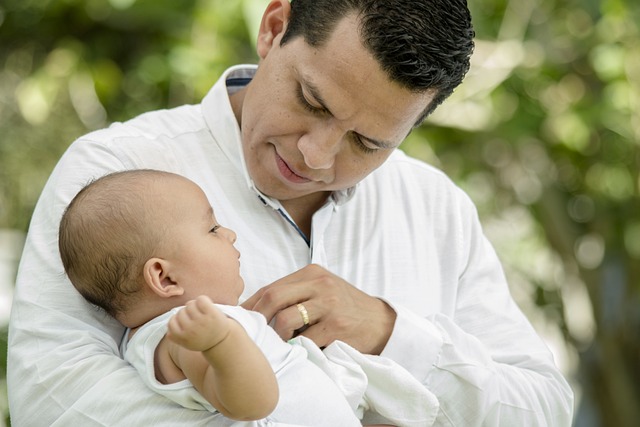Grandparent custody disputes are complex legal matters arising from familial breakdowns where grandparents seek visitation or custody of grandchildren. In many jurisdictions, state laws prioritize the child's best interests and grant grandparents legal rights. Legal advocates must navigate evidence of parental unfitness, positive grandparent-child relationships, and the benefits of continued visitation. Hiring specialized family law attorneys is crucial for a fair outcome, as they guide clients through complex court processes, gather relevant evidence, and advocate for grandparent rights through negotiation, mediation, or litigation.
Grandparent custody disputes can be complex and emotionally charged, with legal intricacies that often require specialized knowledge. Understanding your rights and navigating the system is crucial for ensuring the best outcome for your family. This article delves into the legal framework surrounding grandparent custody, common scenarios, and essential strategies. We also highlight key considerations when choosing a skilled attorney to advocate for your grandparent rights, guiding you through the process with confidence and compassion.
- Understanding Grandparent Custody Disputes: Legal Framework and Rights
- When Grandparents Need Legal Representation: Common Scenarios and Challenges
- What to Look for in a Skilled Attorney for Grandparent Rights Advocacy
- Navigating the Legal Process: Strategies for Successful Grandparent Custody Cases
Understanding Grandparent Custody Disputes: Legal Framework and Rights

Grandparent custody disputes can be complex legal matters, often arising when a grandchild’s parents decide to sever ties with their grandparents or when there’s a breakdown in family relationships. In many jurisdictions, grandparents have legal rights to seek custody or visitation of their grandchildren. These rights are typically derived from state laws that govern family law and child welfare. Understanding the specific legal framework is crucial for grandparents advocating for their rights.
The legal system recognizes the significant role grandparents often play in a child’s life, providing love, support, and guidance. Grandparent custody cases focus on determining what arrangement is in the best interest of the grandchild, balancing the desire to maintain family connections with the need to ensure stability and safety. Legal advocates for grandparents must navigate various aspects, including presenting evidence of parental unfitness, demonstrating a history of positive parent-grandparent interactions, and articulating how continued or established visitation benefits the child’s overall well-being.
When Grandparents Need Legal Representation: Common Scenarios and Challenges

In many cases, grandparent rights advocacy involves complex legal battles, particularly when there are grandparent custody disputes. These scenarios often arise when a grandchild’s parents get divorced or face significant challenges, leaving the grandparents concerned about maintaining their relationship with the child. Legal representation is crucial in such situations as it ensures that grandparents’ rights are protected and that they have a strong voice in family court proceedings.
Common challenges faced by grandparents include navigating intricate custody laws, understanding the specific requirements for grandparent visitation or adoption, and advocating for their interests against potentially resistant biological parents or extended family members. An experienced attorney can help grandparents navigate these complexities, ensuring they remain involved in the child’s life and are protected from unfair legal outcomes.
What to Look for in a Skilled Attorney for Grandparent Rights Advocacy

When seeking a skilled attorney for grandparent rights advocacy, several key factors come into play. Look for an attorney who specializes in family law and has extensive experience handling grandparent custody disputes. Expertise in this specific area is crucial as it ensures the lawyer understands the intricate legal nuances surrounding grandparental rights.
Additionally, choose an advocate who demonstrates empathy and a genuine interest in your unique situation. Grandparent custody cases often involve complex emotional dynamics, so a compassionate attorney can provide tailored support. They should be adept at navigating court proceedings, negotiating settlements, and presenting compelling arguments to increase the chances of a favorable outcome for grandparent rights advocacy.
Navigating the Legal Process: Strategies for Successful Grandparent Custody Cases

Navigating the legal process in grandparent custody disputes requires a strategic approach and a deep understanding of family law. Grandparents seeking custody or visitation rights must be prepared to present a compelling case, demonstrating their fitness and ability to provide a stable and loving environment for their grandchildren. This often involves gathering thorough documentation, including medical records, financial statements, and character references, to showcase their capabilities as caregivers.
Legal strategies may include challenging the current custody arrangement through court proceedings, petitioning for modification, or even initiating adoption processes. Skilled attorneys can guide grandparents through these complex steps, ensuring they meet all legal requirements and present a strong argument. They can also assist in negotiating settlements, mediating disputes, and advocating for grandparent rights in family court settings.














